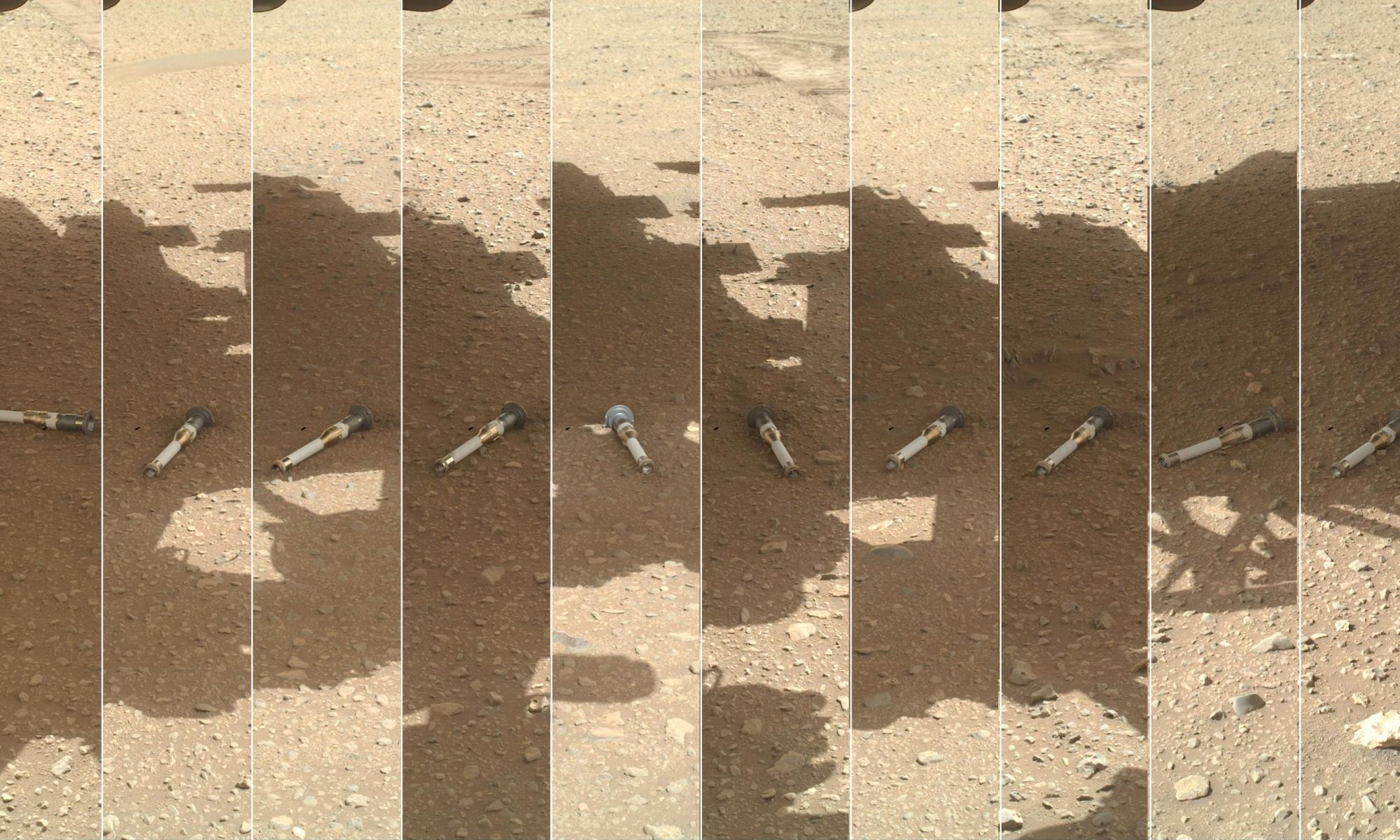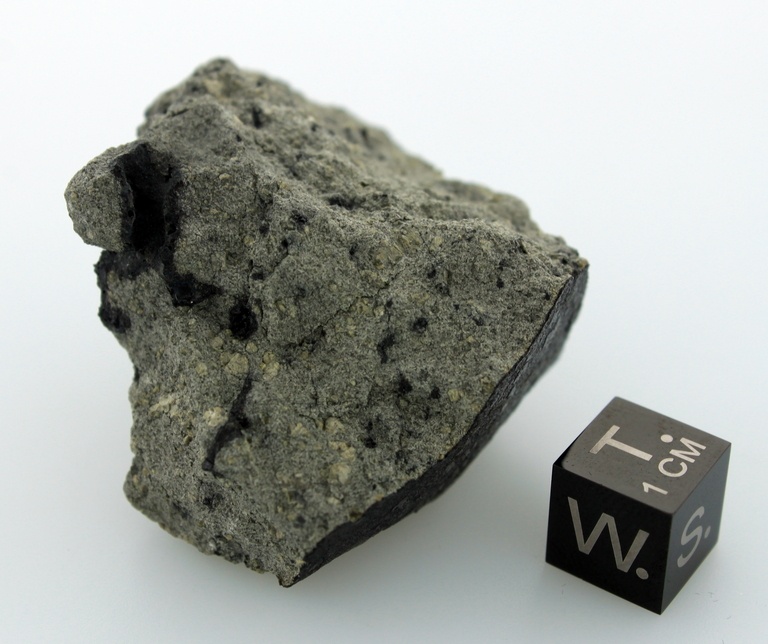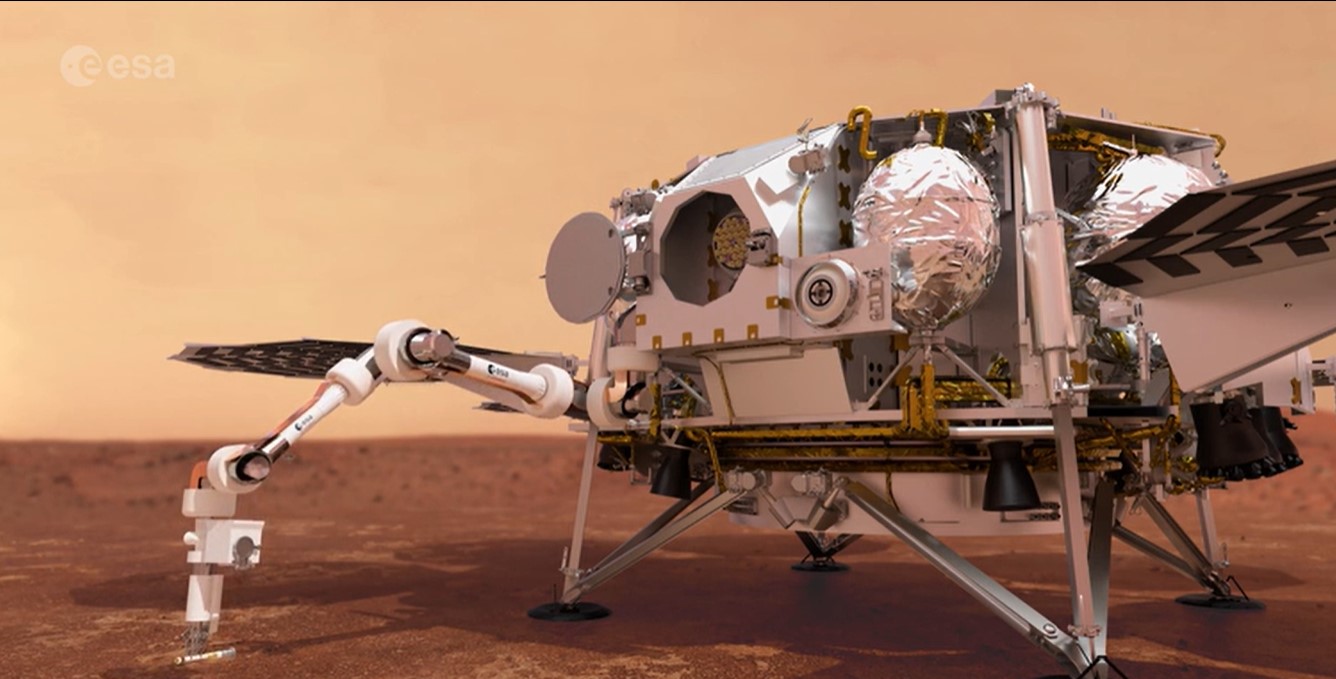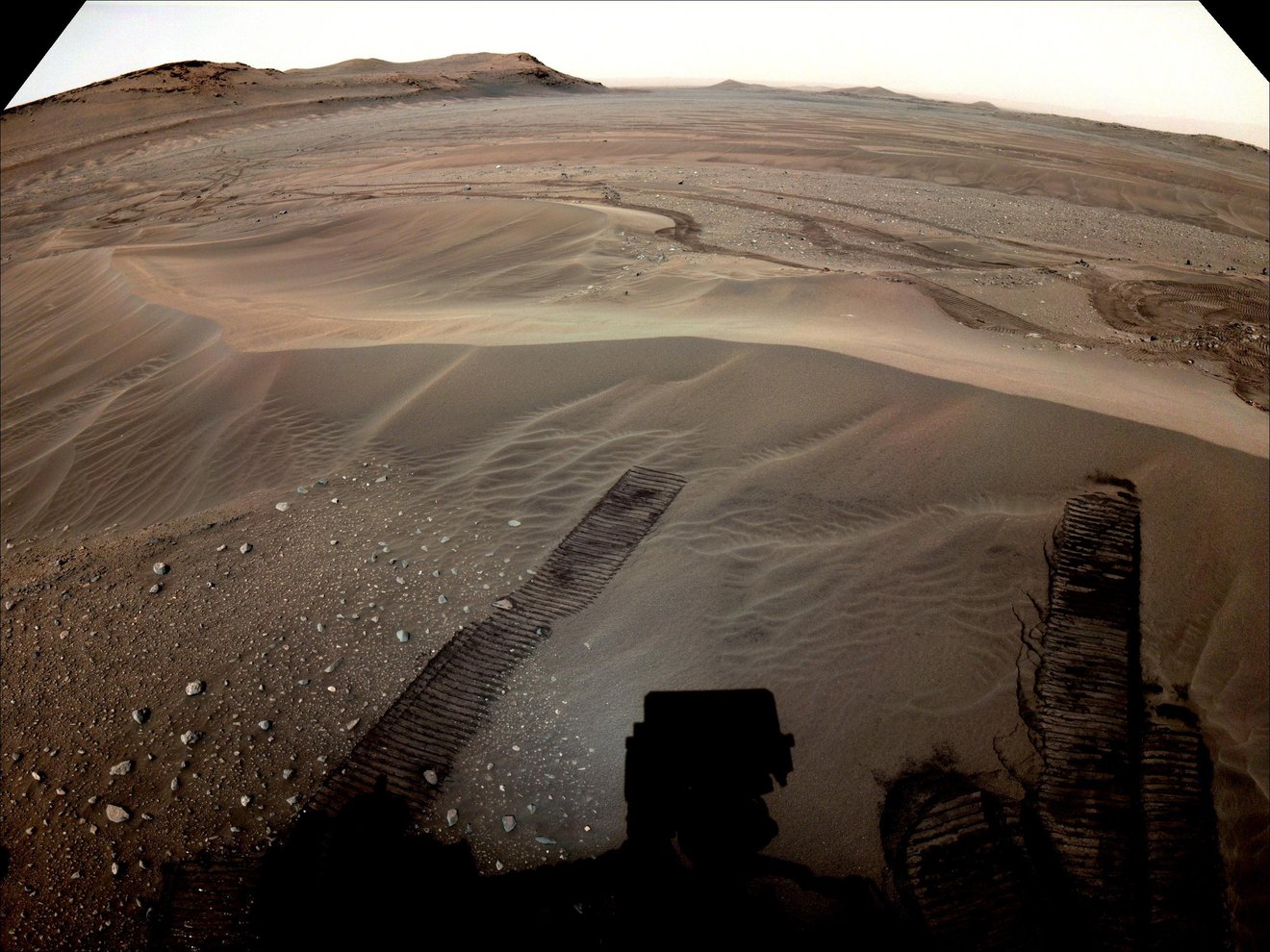There’s no way to sugarcoat it: Mars has a “dust problem.” The surface of the Red Planet is covered in particulate matter consisting of tiny bits of silica and oxidized minerals. During a Martian summer in the southern hemisphere, the planet experiences dust storms that can grow to encompass the entire planet. At other times of the year, dust devils and dusty skies are a persistent problem. This hazard has claimed robotic explorers that rely on solar panels to charge their batteries, like NASA’s Opportunity rover and the InSight lander, which ended their missions in 2018 and 2022, respectively.
Martian dust has also been a persistent challenge for the Ingenuity helicopter, the rotorcraft that has been exploring Mars alongside NASA’s Perseverance rover since February 2021. Luckily, the way it has kicked up dust has provided vital data that could prove invaluable for rotorcraft sent to explore other extraterrestrial environments in the future. Using this data, a team of researchers (with support from NASA) has completed the first real-world study of Martian dust dynamics, which will support missions to Mars and Titan (Saturn’s largest moon) in this and the next decade.
Continue reading “Mars Ingenuity Kicks up a Surprising Amount of Dust Every Time it Lands”










